When conversations about celebrity culture, privacy, and online rumors arise, the name Bella Thorne Fapello often appears. In recent years, this phrase has become a trending search term linked to leaks, gossip, and speculation across social media. Yet, beyond the sensationalism, it reflects broader issues of digital ethics, cybersecurity, and the challenges faced by celebrities in an era where personal boundaries are constantly tested.
In this blog, we will explore Bella Thorne’s experiences, the cultural impact of platforms like Fapello, and what her story reveals about the intersection of fame and digital privacy.
Bella Thorne Fapello and the Culture of Online Rumors
The association between Bella Thorne and Fapello stems from the increasing popularity of websites that aggregate leaked or controversial content. These platforms thrive on clicks, speculation, and curiosity, often at the expense of an individual’s dignity.
Bella Thorne, who rose to fame as a Disney Channel star before transitioning into music, writing, and independent films, has often been the subject of gossip. The Bella Thorne Fapello searches represent how quickly celebrity-related rumors spread in today’s digital ecosystem.
This trend also raises an important question: What responsibility do audiences and platforms hold when consuming or promoting unverified content?
The Evolution of Celebrity ImageBella Thorne’s career illustrates the dramatic shift in how celebrities manage their public personas. Unlike earlier eras when studios tightly controlled a star’s image, modern celebrities must actively engage with millions of fans on platforms like Instagram, TikTok, and Twitter.
This immediacy creates both opportunity and vulnerability. On one hand, stars like Bella can directly communicate with fans and shape narratives. On the other, they become targets for misinformation, leaks, and invasive scrutiny.
As cultural historian Dr. Alice Marwick notes, “The digital age has collapsed the boundaries between public and private life, especially for celebrities.” This collapse makes incidents tied to terms like Bella Thorne Fapello less about scandal and more about understanding how fame is navigated in the twenty-first century.
Media Ethics and the Impact of Fapello
When analyzing Fapello and similar platforms, ethical concerns take center stage. Many of these sites profit from the distribution of sensitive, unauthorized content, raising red flags about legality and morality.
For Bella Thorne, being associated with such platforms highlights the loss of control celebrities face over their personal narratives. Even when the content is exaggerated or fabricated, the damage to reputation can be lasting.
This case underscores the urgent need for stronger regulations, digital literacy, and media accountability. After all, audiences are not just passive consumers—they are active participants in shaping what circulates online.
Bella Thorne’s Response and Taking Control of Narrative
Unlike many celebrities who remain silent in the face of rumors, Bella Thorne has taken a proactive stance. In past instances, she directly addressed leaks and even released her own images to take power away from hackers.
Her response redefined the conversation. By reclaiming agency, she shifted the narrative from victimhood to empowerment. This moment became a turning point in how celebrities handle privacy violations.
Bella’s actions also sparked dialogue about digital ownership, self-expression, and resilience. It reflected her broader philosophy of authenticity—a refusal to conform to sanitized Hollywood expectations.
The Broader Lesson About Digital Privacy
The Bella Thorne Fapello phenomenon reveals more than just the struggles of one celebrity. It highlights the systemic vulnerabilities in our online culture. Whether it’s invasive gossip blogs, data leaks, or exploitative platforms, public figures constantly navigate spaces where privacy is undervalued.
For everyday audiences, this serves as a reminder to critically evaluate sources and resist engaging with exploitative content. Ethical consumption of media is not just about celebrities—it also helps foster a healthier, more respectful digital environment.
Conclusion
In the end, the story of Bella Thorne Fapello is not one of scandal but of resilience, agency, and cultural critique. It forces us to ask difficult questions about how society consumes media, the ethics of online platforms, and the ways celebrities push back against invasions of privacy.
Bella Thorne continues to challenge the entertainment industry by blending artistry with authenticity, proving that her career is defined not by rumors but by creativity and bold choices. Her journey reminds us that while gossip may be fleeting, the conversation about digital ethics and privacy will shape the future of celebrity culture.


